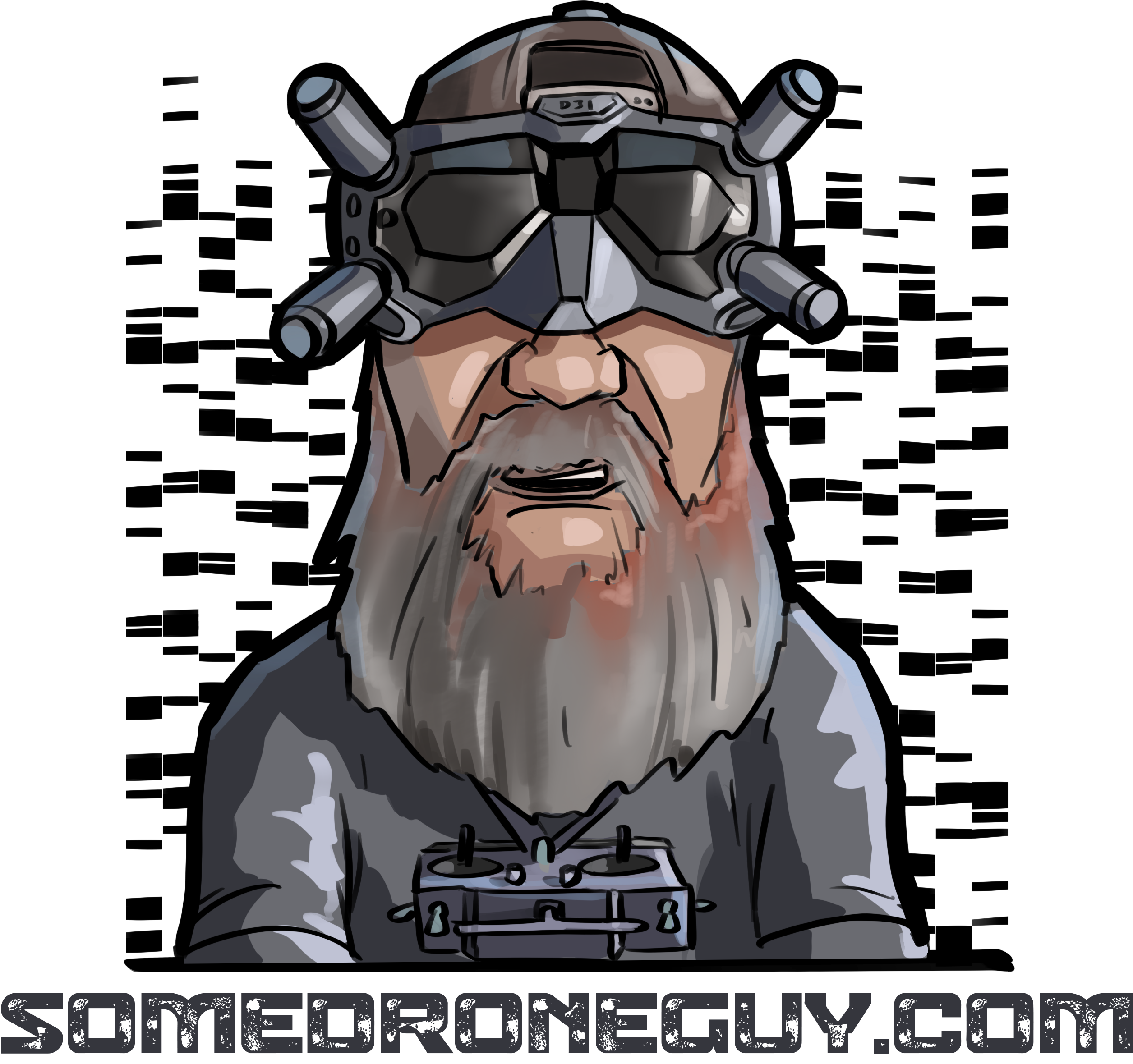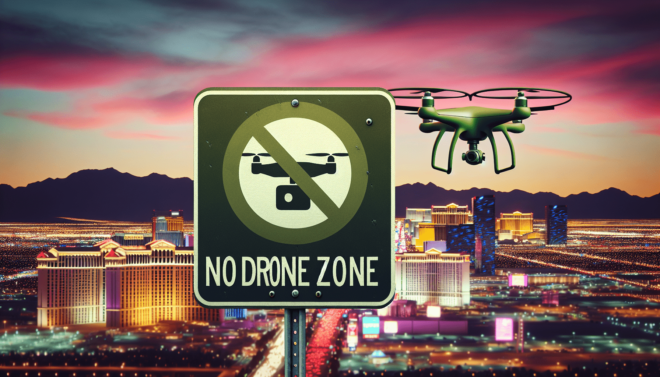Have you ever wondered about the rules surrounding flying drones in a bustling city like Las Vegas? As drones continue to gain popularity for both recreational and professional use, it’s increasingly important to understand the legalities associated with operating them, especially in places with specific regulations like Las Vegas. Visitors to this vibrant city might be tempted to use drones to capture the dazzling lights of the Strip or the unique landscapes surrounding the city. However, it’s crucial to consider the legal boundaries to avoid potential criminal charges.
Understanding Drone Laws in Las Vegas
Las Vegas, renowned for its iconic skyline and entertainment hubs, also has unique considerations when it comes to airspace. Visitors must be acutely aware of the drone regulations here to ensure compliance with local and federal laws. With tourism as a major revenue source, the city prioritizes safety and security, particularly in crowded or sensitive areas.
The Federal Aviation Administration (FAA) Regulations
The FAA plays a pivotal role in governing drone operations in the United States, and their regulations form the baseline for what is permissible. For any drone activities within U.S. territories, compliance with FAA rules is mandatory.
-
Registration: All drones weighing more than 0.55 pounds (250 grams) and less than 55 pounds (25 kilograms) must be registered with the FAA.
-
Altitude Restrictions: Drones must be flown at or below 400 feet in uncontrolled airspace, and this rule is critical near urban environments like Las Vegas.
-
Prohibited Airspace: Certain areas, such as near airports, military bases, and stadiums, are off-limits for drone flights.
-
Night-Time Operations: Flying drones at night requires special precautions such as using anti-collision lighting.
Understanding these federal laws is just the beginning. State and local laws add additional layers to consider, particularly in a place like Las Vegas.
Nevada State Laws on Drone Usage
Nevada has established specific statutes to supplement federal guidelines. It’s essential to know these regional stipulations while planning to operate a drone in Las Vegas.
-
Privacy Laws: Restrictions are in place to protect individuals from being filmed or photographed without consent. This is particularly relevant in private residences or businesses.
-
Safety and Operational Guidelines: Nevada emphasizes the safe operation of drones, requiring flyers to avoid reckless behaviors that might endanger people or property.
-
Drone Use in Commercial Spaces: Specific permits may be required for drone usage in commercial settings, and these permits often come with a clear stipulation of operational boundaries.
Las Vegas Local Ordinances
Las Vegas is a city under constant watch, not only by tourists but by regulations designed to maintain an orderly and safe environment. Local ordinances further define where and how drones can be used.
-
Restricted Zones: Several parts of Las Vegas, including the Las Vegas Strip and surrounding areas, have strict no-fly zones. This is due to both densely populated environments and security concerns.
-
Event Restrictions: With numerous events and large gatherings, certain zones have temporary restrictions during these periods to enhance safety and security.
-
Enforcement: Violation of these local ordinances can lead to hefty fines and legal repercussions. Local law enforcement is vigilant about these rules, especially concerning areas of large public gatherings or near key infrastructures.
Potential Consequences of Illegal Drone Use
Ignoring these multifaceted regulations can have serious consequences. Knowing what penalties one might face is crucial for anyone considering flying a drone in Las Vegas.
Legal Penalties
The penalties for illegal drone operations can range from fines to criminal charges. The severity often depends on whether the violation involved negligence or intentional disregard for safety.
| Nature of Violation | Possible Penalties |
|---|---|
| Accidental Flight into No-Fly Zone | Fines ranging from $200 to $1,000 |
| Repeated Violations | Increased fines and potential confiscation of drone |
| Intentional Security Breaches | Legal prosecution, potential jail time |
Civil Liabilities
In addition to legal penalties, individuals may face civil liabilities, particularly if their drone use results in damage or personal injury.
-
Damage to Property: Drone operators can be held financially responsible for any property damage caused during illegal operations.
-
Invasion of Privacy: Legal action can be taken for invading personal privacy, which can result in expensive settlements or compensatory obligations.
-
Personal Injuries: If a drone operation causes injury to an individual, the operator could face significant lawsuits, adding to legal defense costs and damages.
Impact on Future Drone Use
A breach of any airspace regulation might also have lasting implications for future drone use. Operators may face restrictions or bans from legally owning or operating drones in extreme cases of violation, thereby impacting professional opportunities or hobbies involving drones.
Practical Tips for Drone Operators in Las Vegas
Adhering to guidelines is the best way to enjoy the benefits of drone technology without facing legal challenges. Here are some practical tips for anyone looking to operate drones in Las Vegas safely.
Planning Your Flight
Before launching a drone, it’s crucial to have a comprehensive plan. This involves checking for any temporary flight restrictions and understanding the local environment around the planned flight zone.
-
Use Apps for Flight Permits: There are several apps that provide real-time updates on flight restrictions and permit applications, making it easier for operators to stay compliant.
-
Weather Considerations: Always check the weather conditions to ensure safe flying conditions.
-
Pre-Flight Checks: Conduct thorough checks of your drone equipment and ensure all safety gear, such as anti-collision lights, are functional.
Respecting Privacy
One of the frequently overlooked aspects of drone operations is respecting privacy. Avoid flying over private properties or taking videos without explicit permission.
-
Avoid Sensitive Areas: Steer clear of sensitive areas that might involve privacy concerns, such as hotels, residences, and private businesses.
-
Obtain Necessary Permissions: If you plan to film in semi-public or private areas, always seek permission from property owners or organizers.
Staying Informed
Finally, staying informed about the latest regulations and updates is invaluable.
-
Join Community Groups: Participating in local drone enthusiast communities can provide updates on regulations and offer practical advice from experienced operators.
-
Attend Workshops: Engage in workshops or seminars on drone operation that specifically focus on legal compliance and safe flying techniques.
Conclusion
Understanding and respecting the regulations governing drone use in Las Vegas is crucial for ensuring safe and legal operations. While the allure of capturing the city’s beauty from the sky is tempting, adhering to the established guidelines remains vital. By following the FAA regulations, Nevada state laws, and local ordinances, visitors can enjoy the benefits of drone technology responsibly. Failure to do so could result in facing significant legal repercussions, including fines and possible criminal charges. Therefore, it’s always wise to plan carefully, observe privacy, and stay informed so you can keep flying without worries.

